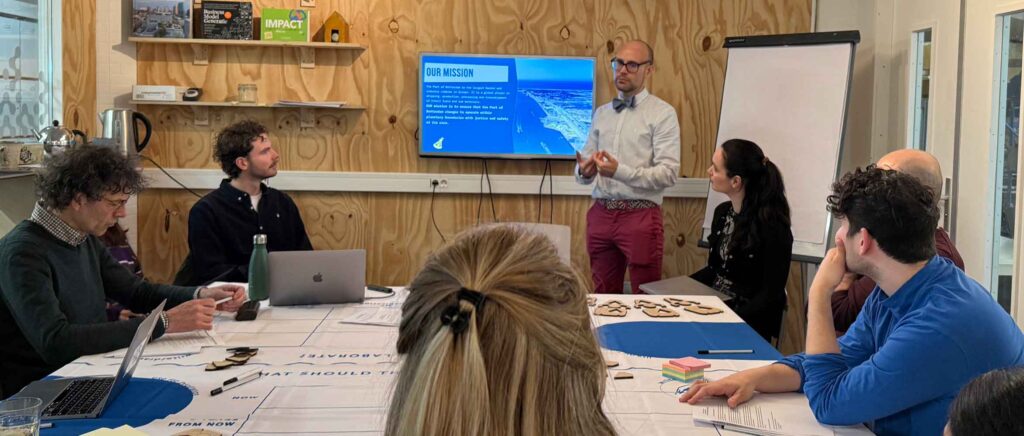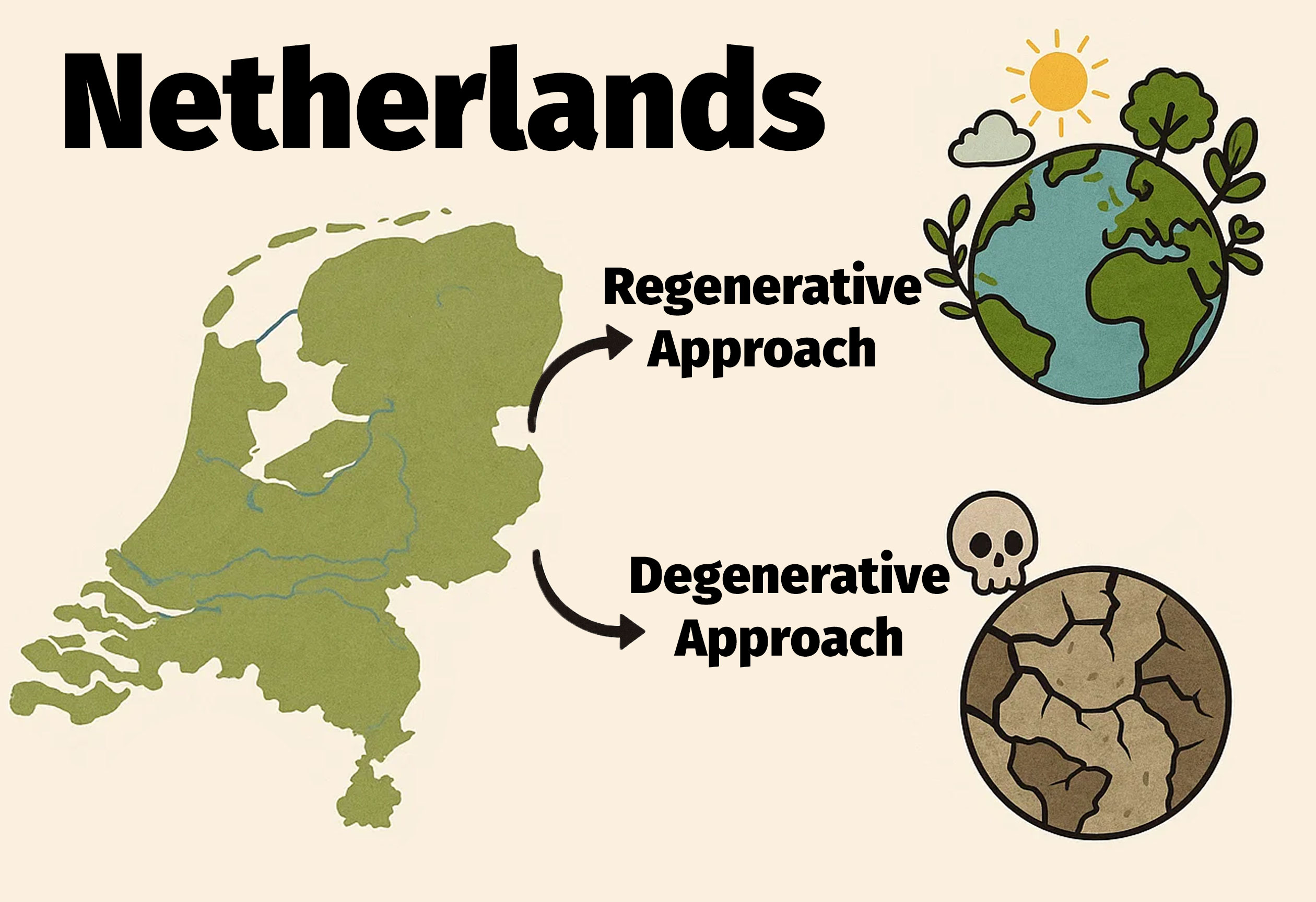
As part of One Planet Port’s Community Cohesion pillar of work, we recently hosted a pilot workshop at our BlueCity office to explore how value-based methodologies can support communities in co-creating policies that truly reflect their collective priorities.
Led by Dr. Marina Bos-de Vos, and her research team from TU Delft, the session introduced participants to the Project Value Modelling (PVM) methodology, an approach developed to surface and reconcile individual and collective values in complex projects. Over the course of 2.5 hours, researchers and stakeholders affiliated with One Planet Port engaged in the full PVM process.
This methodology supports OPP’s wider goal of facilitating community-congruent policy co-creation, meaning policy rooted in the most strongly held values of the people who make up a community. The process begins by helping individuals articulate their personal values, then identifies patterns and shared values across the group. These shared values can then inform future projects and policies designed through a co-collaborative process.
The workshop offered several key insights:
- Priming matters: Participants responded positively to being encouraged to articulate both positive and negative personal values without judgment.
- Translation is essential: The process of moving from individual to shared values was revealing and constructive, emphasizing the importance of framing discussions around common ground.
- Co-creation potential: While this pilot did not extend into policy or project design, participants saw clear potential in using the shared values baseline as a foundation for future co-created initiatives.
To learn more about the methodology and the research behind it, visit:
🔗 Design-enabled value creation for a resilient delta (Delft Design Labs)
🔗 Project Value Modelling publication on ResearchGate
We also recommend two videos that provide excellent context:
▶️ Designing with values in complex projects
▶️ Value conflicts in creative business
This pilot marks an exciting step in our efforts to align port policy with the lived values of the communities it affects. Stay tuned for more as we apply these insights in upcoming community-led design processes.


